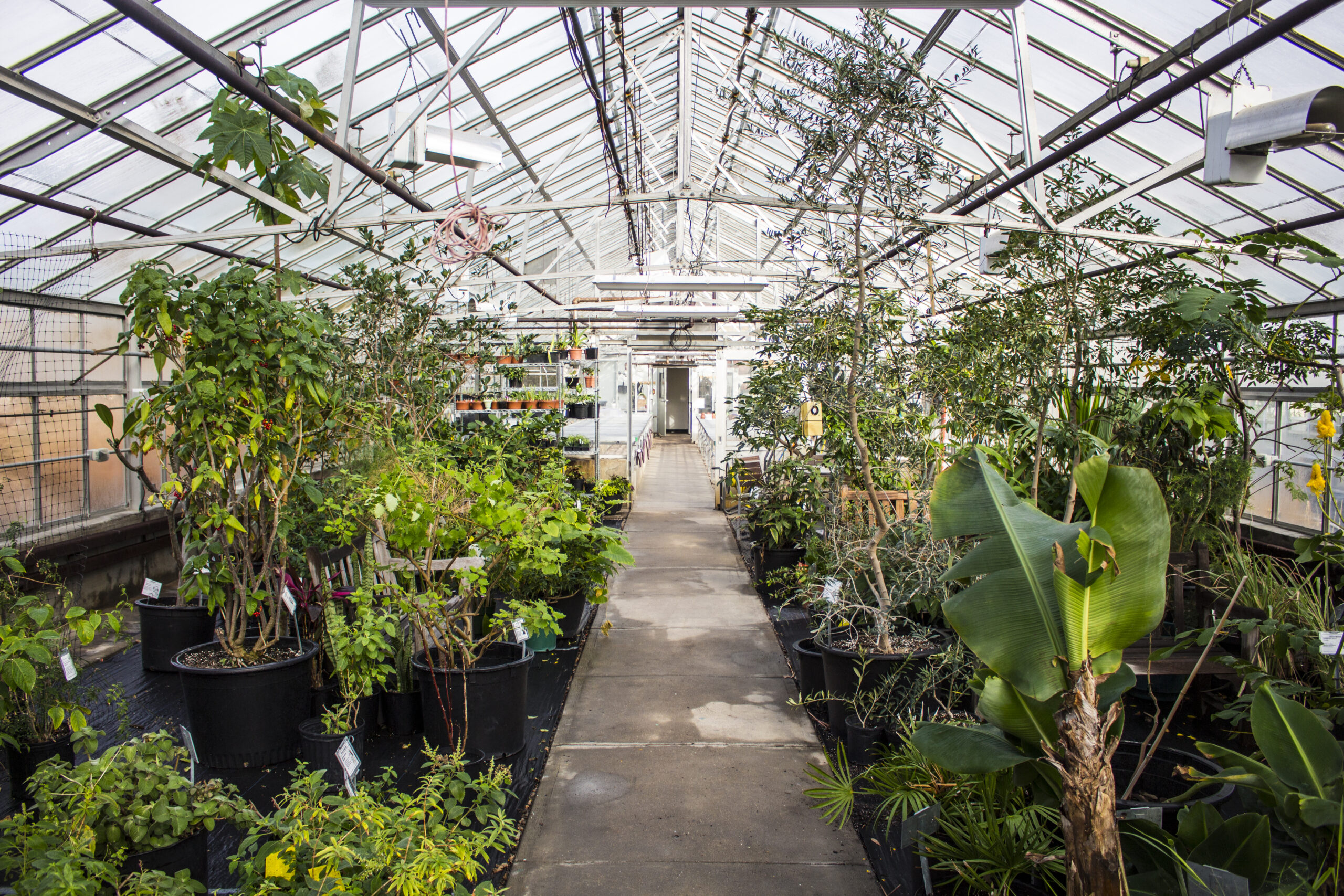RI held an online gardening tutorial to help you grow your own plants at home. Photo by James McIntosh.
As long as you have warmth, water and soil you can germinate your own seeds indoors.
This idea was discussed at the University of Rhode Island’s Learn at Home seminar series on Tuesday. The series is put on by the URI Cooperative Extension in order to allow students and faculty to connect through interesting topics during our time at home.
While this is the first year the University has held the Learn at Home seminar series, it is not the first time they have taught students, faculty and staff about indoor germination.
“This is the time to start thinking about indoor seed starting,” Kate Venturini, the program administrator for URI’s Cooperative Extension, said. “In normal times we like to offer classes in February on indoor seed starting. We also have a free seed program.”
Normally, URI would collect the expired seeds from Ocean State Job Lot that were going to be discarded and give them to students for free. Because of the pandemic, seeds will still be given out on URI’s behalf to any students or citizens who want them. They will be distributed through three Rhode Island organizations: Aquidneck Community Table, Farm Fresh Rhode Island and Hope’s Harvest Rhode Island.
This week’s seminar was taught by Master Gardener Sue Scotti. Scotti is also the leader of URI’s Vegetable Propagation Program, where URI grows and sells vegetables every year.
According to Venturini, indoor seed starting is even dorm friendly. You just have to make sure you have a proper container, seeds, water and soil.
In the seminar, Scotti revealed some of her favorite recyclable seed starting containers. These included take out containers, yogurt pots, egg crates, take-out tupperware and even soda cans with the lid cut off. According to Scotti, any of these options work as long as you poke a drainage hole for the water in the bottom and fill it with potting soil.
“My favorite has been old Keurig cups,” Scotti said. “After you use them, they already have a hole in the bottom. All you have to do is wash it out.”
Another thing Scotti talked about was the importance of looking at the back of your seed packet before germinating your seeds. They include advice on the best planting conditions as well as the amount of days it takes for the seed to germinate, or for sprouts to break through the seed’s shell. It is important to know the approximate amount of days it takes for germination so that the gardener knows when to transfer the seeds into a larger container.
Scotti also provided the 1,015 viewers of her live stream a demonstration on planting, watering, thinning her sprouts and repotting with her own germinated plants she started this January.
The high number of viewers is something the URI Cooperative Extension is experiencing for the first time along with the virtual webinars.
“We realized that when we offer virtual programs, it’s a lot easier for people to attend,” Venturini said. “To date, since April we’ve had about 6,000 people attend the webinars and over 500 have watched the recordings after they’re posted on our YouTube.”
The Cooperative Extension will continue to work every week for the rest of the semester to provide students, staff, faculty and others who tune in throughout the pandemic with information to keep them learning.
“We want people to know that we are a trustworthy source for science-based information,” Venturini said. “In this age there is a lot of bad information, especially around gardening, believe it or not. The learn at home series is taught by URI faculty, staff, volunteers and even students who are all using science. Our goal is to improve the quality of people’s lives by using science.”





